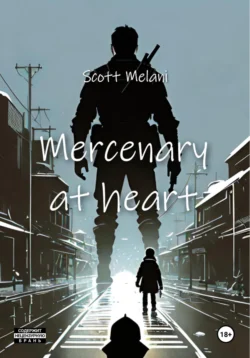Mercenary at heart

Scott Melani
Тип: электронная книга
Жанр: Героическое фэнтези
Язык: на русском языке
Стоимость: 490.00 ₽
Статус: В продаже
Издательство: Автор
Дата публикации: 05.09.2024
Отзывы: Пока нет Добавить отзыв
О книге: Who says that our fate is destined from above and can never be changed? The story told in this book is designed to prove you wrong.